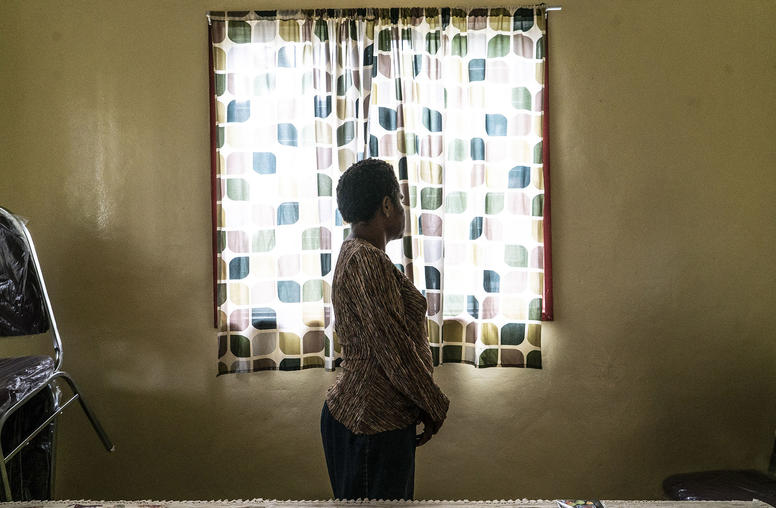Overcoming Violence: A Conversation with Women of Courage
Women are struggling every day for peace and security in their communities, whether as parliamentarians seeking to preserve the constitutional rights of marginalized groups or as filmmakers prompting change through challenging community discourse. To amplify these voices, the U.S. Institute of Peace, with the U.S. Department of State, hosted an event featuring three of the 2018 Secretary of State’s International Women of Courage awardees. Participants heard firsthand the paths these women of courage have taken to lead for positive change.
Established in 2007, the annual Secretary of State's International Women of Courage (IWOC) Award honors women around the globe who have demonstrated exceptional courage and leadership in advocating for human rights, women’s equality, and social progress, often at great personal risk. The Awardees participate in a two-week International Visitor Leadership Program following the ceremony.
This event featured three women working across varied sectors – including politics, rule of law and the media – to advance social justice for all. In order to achieve positive, nonviolent change, entire communities must be engaged – and women and girls are critical to this process. Review the conversation on Twitter with #WomenofCourage.
Participants
Kathleen Kuehnast, Moderator
Director, Gender Policy and Strategy, USIP
Roya Sadat
Founder, Roya Film House and Founder, Afghanistan International Women’s Film Festival
Afghanistan
Sirikan Charoensiri
Co-Founder, Thai Lawyers for Human Rights
Thailand
L’Malouma Said
Deputy (Member of Parliament), Mauritanian National Assembly
Mauritania



